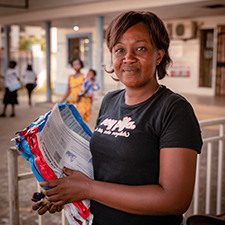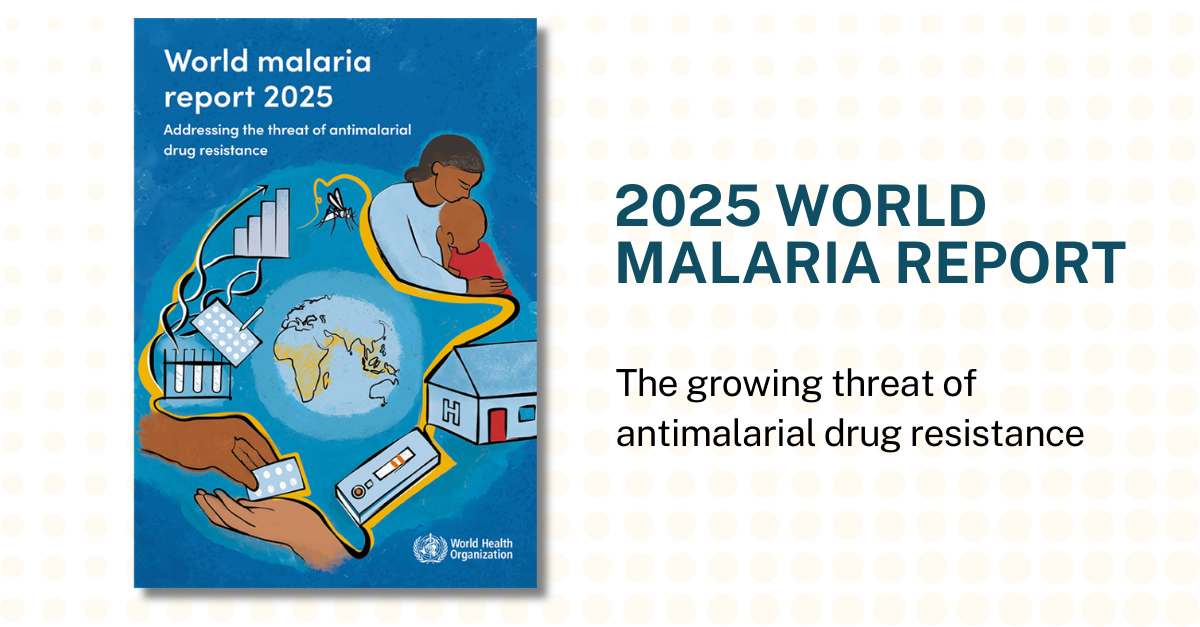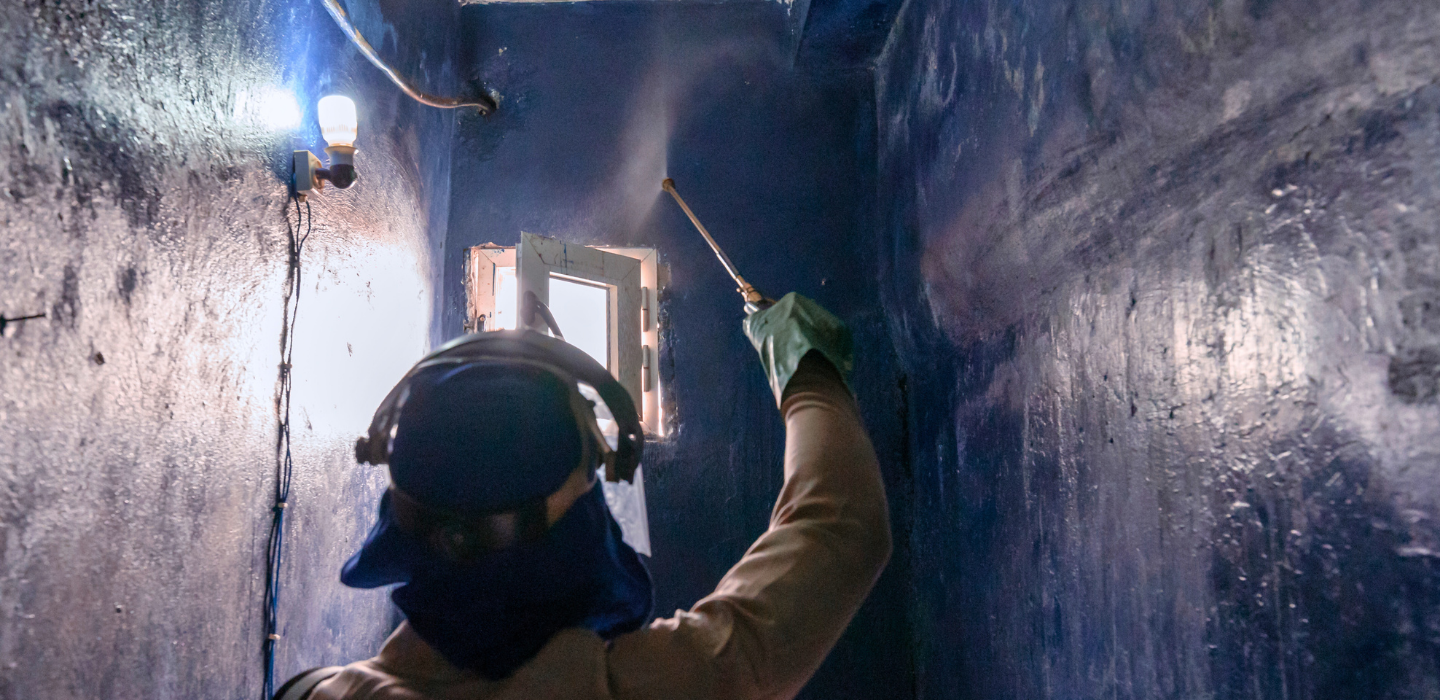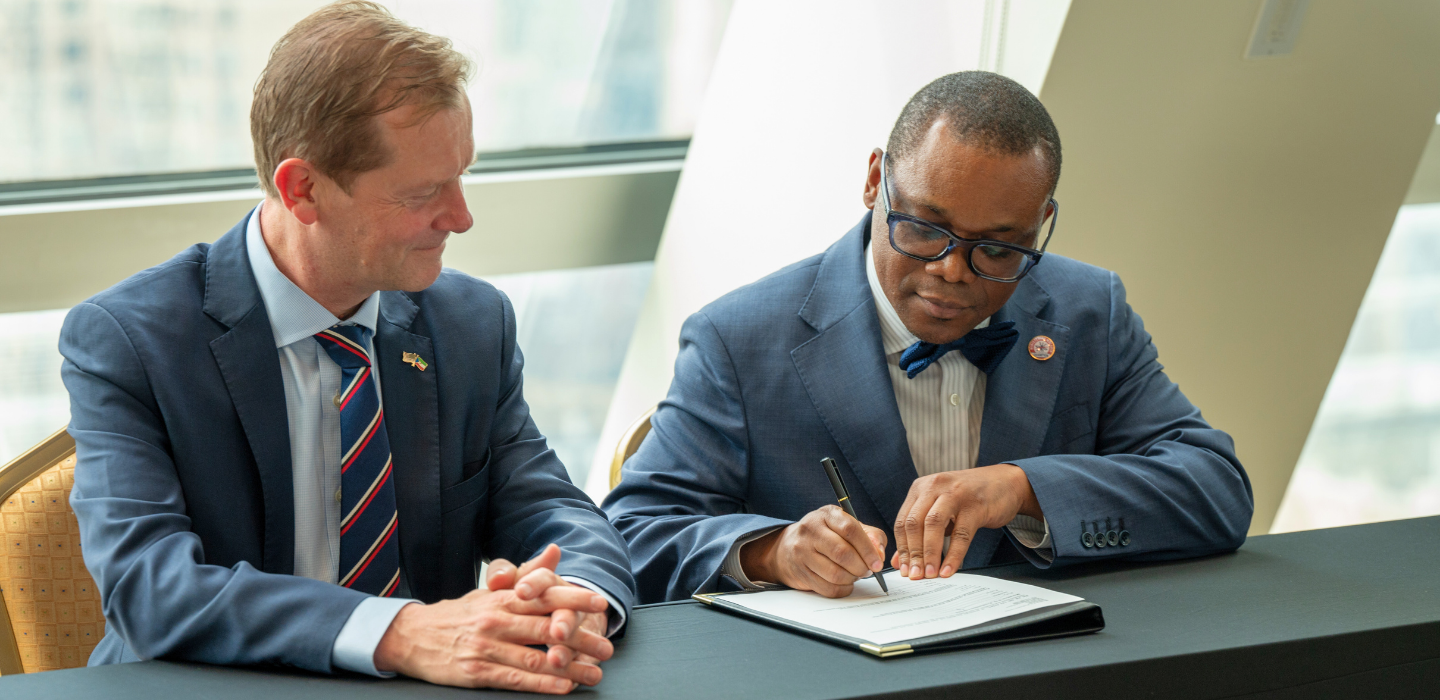The Bioko Island Malaria Elimination Project (BIMEP) is an award-winning, public-private partnership on Bioko Island, Equatorial Guinea, that began in 2004 as the Bioko Island Malaria Control Project (BIMCP). Since then, the project has grown and evolved with the goal of eliminating malaria from the island and strengthening the country's health systems and workforce.
There was an estimated total of more than 422,800 cases of malaria in 2023 with more than 750 estimated deaths in Equatorial Guinea, according to the World Health Organization.










